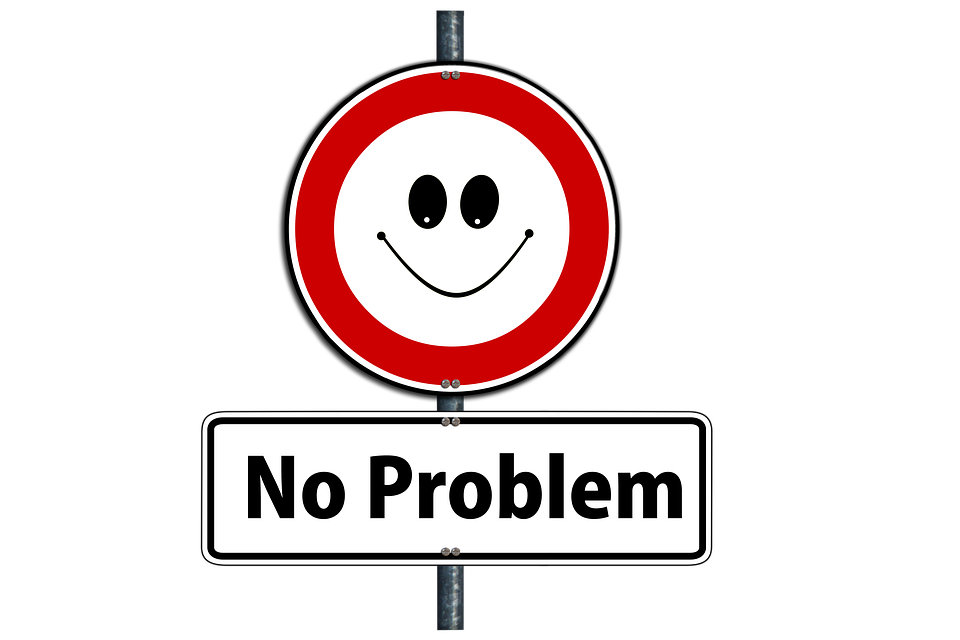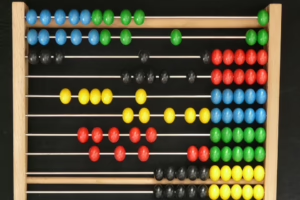The Art of Problem Solving: New Mathematical Approaches to Everyday Issues
In our increasingly complex world, the ability to solve problems effectively is more essential than ever. From managing personal finances to navigating social dynamics, we are constantly faced with challenges that require innovative thinking and systematic strategies. Enter the realm of problem-solving through mathematics—a discipline that not only enhances our analytical capabilities but also equips us with tools to tackle real-world issues.
The Foundation of Problem Solving
Understanding the Problem
The first step in any problem-solving process is to clearly define the issue at hand. This involves identifying the variables, constraints, and potential outcomes. For instance, when faced with the challenge of budgeting for a month, one should outline income sources, fixed expenses, and discretionary spending. By framing the problem accurately, we open the door to effective solutions. Without understanding what we are up against, any attempt at resolution may be misguided or inadequate.
Breaking It Down
Once the problem is clearly defined, breaking it down into smaller, manageable parts is crucial. This is where mathematical approaches shine. Techniques such as the Pareto Principle, also known as the 80/20 rule, suggest that 80% of outcomes often come from 20% of causes. By identifying the key factors affecting the situation, we can focus our efforts more efficiently. For example, if 80% of a household’s financial issues stem from only a few large expenses, targeting these instead of minor issues can lead to significant improvements.
New Mathematical Approaches
Optimization Techniques
In everyday life, we often aim to get the most out of our resources—whether it’s time, money, or energy. Optimization is a mathematical concept used to find the best solution from a set of feasible options. For example, a student balancing studies and a part-time job might apply linear programming to optimize their study schedule, ensuring they meet academic deadlines while earning sufficient income. Optimization can also be applied in other areas such as time management, allowing one to allocate hours more effectively to maximize productivity.
Probabilistic Reasoning
Decision-making is fraught with uncertainty. Here, probabilistic reasoning becomes invaluable. By analyzing potential outcomes and their likelihoods, individuals can make more informed choices. For instance, when deciding whether to invest in the stock market, an individual might use statistical models to weigh the risks and potential returns, enabling more strategic investment decisions. Being able to quantify uncertainty allows investors to craft portfolios that align with their risk tolerance and return expectations.
Game Theory
Life often involves making choices in competitive situations, where our decisions are affected by the actions of others. Game theory provides a framework for understanding these interactions. Whether negotiating a salary increase or strategizing in a business setting, this mathematical approach can help individuals anticipate responses and optimize their outcomes. This strategic interaction can manifest in various scenarios, from simple negotiations to complex international relations, underscoring the versatility of game theory.
Practical Applications
Personal Finance
Mathematics plays a critical role in personal finance management. Budgeting, saving, and investing can all be enhanced through mathematical models. For instance, the concept of compound interest can be used to illustrate the benefits of long-term investments, empowering individuals to make informed financial decisions. By understanding the mathematical principles behind interest rates and investment growth, individuals can better prepare for significant life events such as buying a home or retirement.
Community Issues
Communities often face multifaceted problems, from traffic congestion to resource allocation. Employing mathematical modeling can offer insights into these issues. For example, city planners might use geometric principles to design more efficient public transportation routes, improving accessibility and reducing congestion. By using mathematical simulations, cities can also better predict traffic patterns and allocate resources accordingly, leading to improved quality of life for residents.
Environmental Challenges
The world faces significant environmental issues, such as climate change and resource depletion. Mathematical approaches like statistical modeling and simulations can be used to predict trends and assess the impact of various interventions, guiding policy decisions that aim to foster sustainability. For instance, models can evaluate the effectiveness of renewable energy initiatives and help allocate funding to the most promising technologies.
Cultivating a Problem-Solving Mindset
While mathematical techniques are powerful, developing a problem-solving mindset is equally important. Here are some strategies to cultivate this mindset:
-
Embrace Curiosity: Question the status quo and seek to understand the underlying principles of problems. A curious mind will explore multiple facets of an issue, leading to a more rounded understanding.
-
Develop Persistence: Problem-solving often requires multiple attempts. Embrace failure as a learning opportunity. Each setback can provide insights that refine future attempts.
-
Collaborate: Working with others can provide new perspectives and innovative ideas. Collaborative problem-solving can lead to solutions that one might not have considered alone.
- Practice: Regularly engage with puzzles and challenges to hone your analytical skills. Just as athletes train their bodies, we can strengthen our minds by engaging with mathematical concepts and real-world challenges.
Conclusion
The art of problem-solving through mathematical approaches empowers individuals to address everyday issues effectively. By understanding and applying optimization, probabilistic reasoning, and game theory, we can develop nuanced strategies to navigate life’s complexities. As we continue to face new challenges, harnessing the power of mathematics will not only enhance our problem-solving abilities but also enrich our lives in countless ways.
Embrace the math in your daily problems—it might just unlock the solutions you seek. Through the lens of mathematics, we find clarity in chaos and opportunity within obstacles. As we engage with these concepts, we not only solve problems but also foster a mindset of lifelong learning and curiosity. In a world full of uncertainties and complexities, let mathematics guide us in our search for solutions.


























Add Comment